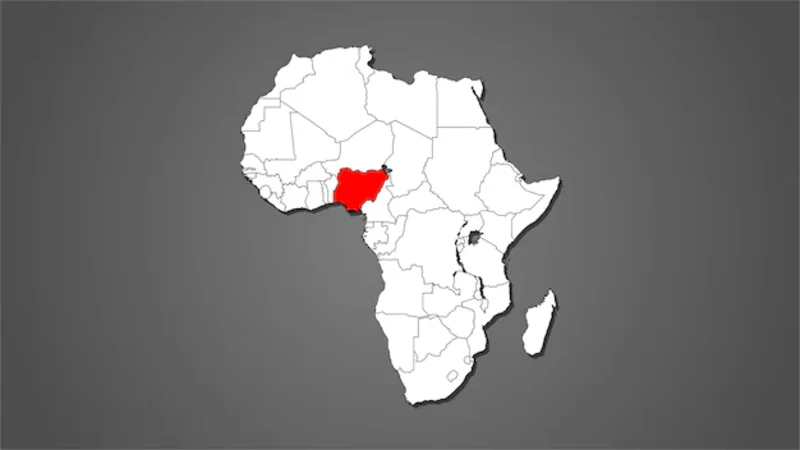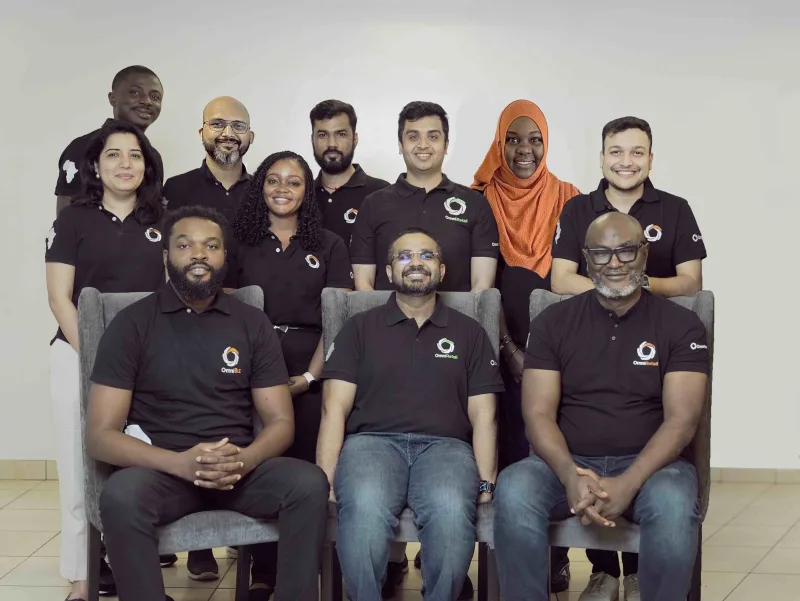
One of the very significant qualities of the African startup landscape is its continuous growth tendencies over the years. The startup ecosystem in Africa has experienced significant growth in recent years, attracting attention and investment from around the globe. The continent has seen a surge in innovation and entrepreneurship, with vibrant tech hubs emerging in various countries.
According to Disrupt Africa’s 2022 funding report, A total of 633 African tech startups raised a combined $3,333,071,000 over the course of 2022. This figure represents a record that surpasses the US$3 billion mark for the first time. However, amid this growth, there are shadows cast by malpractices that hinder the full potential and integrity of Africa's startup landscape. In 2023 alone, the continent has been faced with a number of questionable activities ranging from corruption and alleged fraud to funds misappropriation and unexpected company shutdowns, etc. This expository article explores and sheds light on the depths of malpractice prevalent within Africa's burgeoning startup ecosystem.
African Startups: A Promise and Challenge
Africa's startup ecosystem holds immense promise driven by a young and increasingly tech-savvy population, along with growing access to technology and digital infrastructure. Governments, investors, and multinational corporations have recognised the potential, leading to a surge in funding and support for startups across the continent.
However, within this optimistic landscape, challenges persist. Malpractices in the form of corruption, unethical behaviour, and lack of transparency, from startup founders plague the ecosystem. These issues not only stunt the growth of startups but also erode trust among investors and stakeholders - especially Africans who have so strongly resorted to relying on some of these startups for their day-to-day activities.
Corruption and Ethical Concerns:
Corruption among startups and founders alike remains a significant obstacle across various sectors in Africa, and the startup ecosystem is not immune. Instances of fund misappropriation and embezzlement can impede the progress of not just any startup but will evidently affect the progress of respective sectors in Africa’s startup ecosystem.
Take, for example, the downward trajectory of the notable genomics startup 54gene which raised $25 million in its Series B funding round led by Cathay AfricInvest Innovation Fund in 2021. This funding round represented a breakthrough for funding in health startups in Africa and more so, signalled the advancement of African genomics research for improved global health outcomes. In the wake of this funding, a number of malpractices and instances of corruption began to brew within top management positions in the company.

Dr Abasi Ene-Obong
In 2022, the CEO and Founder of 54gene, Dr Abasi Ene-Obong was reported to have stepped down following some financial issues faced by the company including
allegations of financial impropriety levelled against him and his executives by a group of employees. This automatically led to the company’s valuation dropping by over $100 million amid some job cuts. Fast forward to 2023, 54gene in September, announced that it was shutting down after raising a total of $45 million since it was established.
Also, ethical concerns encompass a wide spectrum, including misrepresentation of information to investors, and unfair competition among startups. Such malpractices not only harm individual businesses but also tarnish the overall reputation of the African startup ecosystem. There are a number of startups that have found themselves in this category over the past few years and oftentimes, the story ends the same as 54gene’s.
The Issue with(out) Transparency
Transparency is crucial for fostering trust and attracting investment. Unfortunately, a lack of transparency in financial reporting, governance structures, and decision-making processes is a prevailing issue in many African startups. This opacity has a stronger propensity to deter potential investors who seek clarity and accountability from startups.
In Nigeria, as well as across other African countries, there currently is an ongoing agitation from customers who patronise a certain fintech platform, Patricia, over issues relating to transparency. The problem started when the crypto trading platform revealed that it was a victim of cyber attacks and thereby temporarily disabled withdrawals on its platform. However, while that happened in April 2023, some customers still claim that they are unable to access their assets on the platform.

Hanu Fejiro
While Patricia's CEO, Hanu Fejiro, had promised customers access to their assets on 20 November, many customers still are unable to access theirs. The company is no stranger to allegations ranging from fraud, and corruption. Even Hanu, Patricia's Founder, has made media rounds for his lavish lifestyle and spending which raised questions about the operations of the company and its appropriation of funds.
Addressing the Malpractices
To build a robust and sustainable startup ecosystem in Africa, addressing malpractices is imperative. Several steps can be taken to mitigate these challenges:
Ethical Standards and Education: Promoting ethical business practices through education, training, and mentorship programs can instil a culture of integrity among entrepreneurs and stakeholders.
Transparency and Accountability: Startups should prioritise transparency in their operations, financial reporting, and governance structures to build trust with investors and customers.
Collaboration and Networking: Encouraging collaboration among startups, investors, and regulators can facilitate knowledge sharing, foster innovation, and collectively address challenges within the ecosystem.
Africa's startup ecosystem holds immense potential as a catalyst for economic growth and innovation. However, the prevalence of malpractices, including corruption, ethical lapses, and lack of transparency, poses significant hurdles. Addressing these issues requires concerted efforts from entrepreneurs, investors, and stakeholders alike to create an environment that nurtures integrity, transparency, and fairness. By tackling these challenges head-on, Africa can unlock the full potential of its burgeoning startup ecosystem, fostering sustainable growth and positive socio-economic impact across the continent.
Tags
Africa Startup Ecosystem
54gene
Patricia
Payday
Hanu Fejiro
Abasi Ene-Obong
Categories
Featured
Similar News
Are you a start-up or an entrepreneur in Africa?
Subscribe to our mailing list



